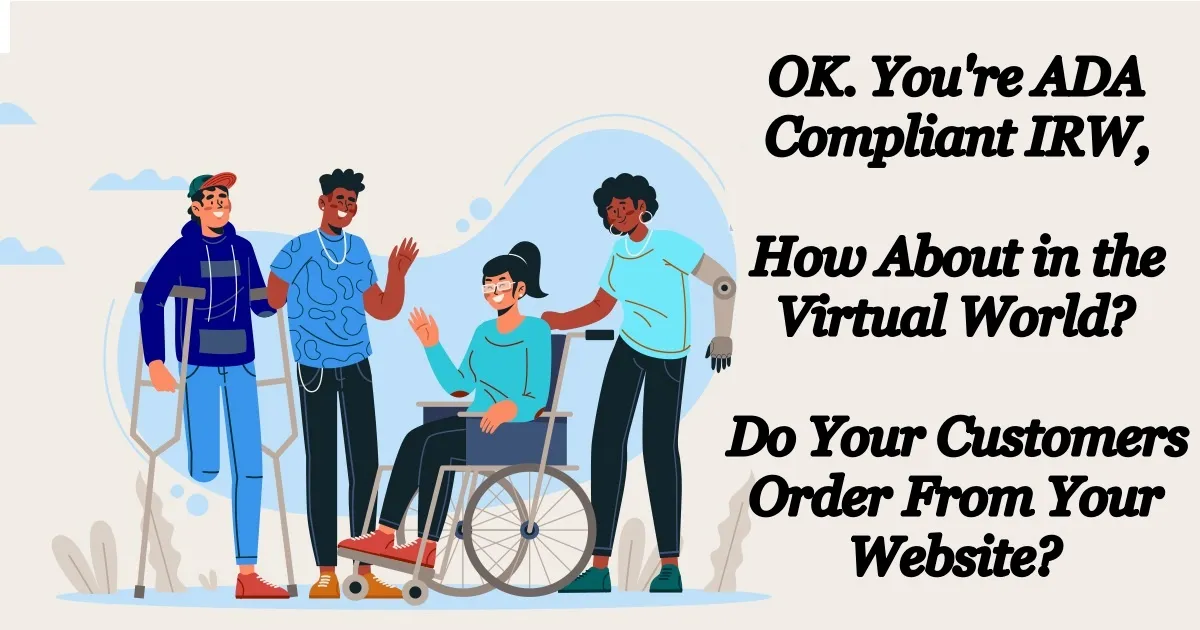So, You Answered No to Question 6?
Understanding the limitations of liability provided in the legal documents for your website is crucial for protecting your business from potential legal issues.
Here's what you need to know:
Context:
The additional context emphasizes the importance of clean ownership and necessary use rights for intellectual property when licensing or selling your SaaS website. This highlights the need to address these aspects in your legal documents.
Answer:
To ensure that you are knowledgeable about the limitations of liability outlined in your legal documents, consider the following:
1. Intellectual Property Ownership: It's crucial to have clean ownership of the intellectual property used on your website. This includes obtaining proper licenses or permissions for any elements that are licensed in. By addressing ownership and licensing rights in your legal documents, such as Terms of Use and Privacy Policy, you can establish clear guidelines and protect your business from potential intellectual property disputes.
2. Use Rights for Elements Licensed In: In addition to ownership, ensure that you have acquired all necessary use rights for elements that are licensed in. This means understanding any restrictions or permissions related to third-party content or software used on your website. Clearly outlining these use rights and limitations in your legal documents helps protect your business and prevents potential infringement claims.
3. Privacy Policy Reservations: Your opt-in and customer lists hold significant value for your website. To protect and enhance their value, it's important to carefully plan and implement specific reservations of rights in your Privacy Policy. These reservations should be made prior to collecting personal information from users. By clearly stating how you will use and protect personal information and reserving certain rights, you can safeguard the value of this data during a potential sale of your website.
4. Implementation Timing: It's critical to implement these reservations of rights early on in the development of your marketing plans and before collecting personal information. Failure to do so could jeopardize the sale of your website or create legal complications.
Adaptation:
While the context provided highlights important considerations, it's important to tailor your legal documents to your specific circumstances. Consulting with legal professionals who specialize in intellectual property and online business can provide you with comprehensive advice and ensure that your limitations of liability are effectively addressed.
Join FTC Guardian, whose members can connect with Chip Cooper, SaaS, Internet, and E-Commerce Attorney, Co-Founder & CEO of FTC Guardian, on live webinars twice per month. These sessions allow you to learn to navigate the new compliance risks and ask questions relevant to your situation.
Please note that while I've provided guidance based on the context given, it's essential to adapt these recommendations to your unique situation and seek legal counsel for specific advice related to your business. Understanding and implementing limitations of liability in your legal documents is crucial for protecting your business from potential legal issues.
FTC Guardian membership provides an easy-to-implement solution to many of your potential FTC Risks.
FTC Risks website and contents are published for educational purposes only and does not constitute legal advice.
FTCrisks.com has No Affiliation with the Federal Trade Commission
This website is a commercial website owned by Padco Marketing LLC., a Wyoming company. We are not affiliated with, or endorsed by, the Federal Trade Commission (FTC) or any other governmental or regulatory agency. The products and services offered on this site are not associated, affiliated, endorsed, or sponsored by the FTC, nor have they been reviewed, tested or certified by the FTC.
Copyright © 2025 FTC Risks. All rights reserved.
FTC Risks is a division (DBA) of Padco Marketing LLC.
Sheridan, Wyoming 82801
This quiz was built using GroovePages




